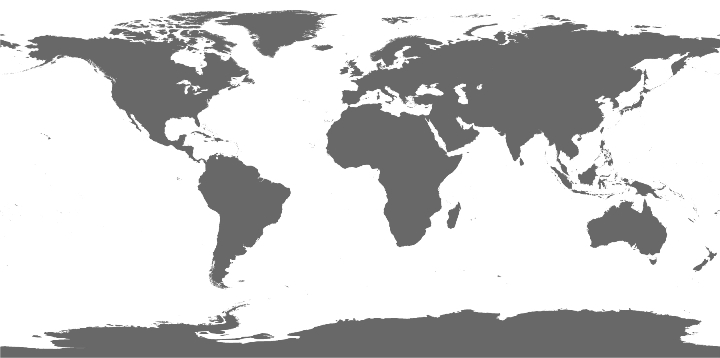Dataset 493
ITEX Dataset 15 - Sadvent (MES-cover, MES-photo, wet-cover, wet-photo)
Realm: Terrestrial
Climate: Polar
Biome: Tundra Central latitude: 78.189992
Central longitude: 15.934124
Duration: 2 years, from 2003 to 2008
Climate: Polar
Biome: Tundra Central latitude: 78.189992
Central longitude: 15.934124
Duration: 2 years, from 2003 to 2008
217 records
41 distinct species
Across the time series Moss is the most frequently occurring speciesMethods
BioTIME managers note: for v2, only control plots were retained. How vegetation quantified 2003, 2005 point frame 2003, 2008 cover estimation from high resolution digital photos 2003 cover estimation in field 2. Abundance units 2003, 2005 point frame hits- top and other recorded separately as a total for each plot, not with x and y coordinate for each point 2003, 2008 cover estimation from photos-100% cover for gound/ understorey levelCitation(s)



.
In (Eds.),
(p. ).
:
.
,
(),
.



